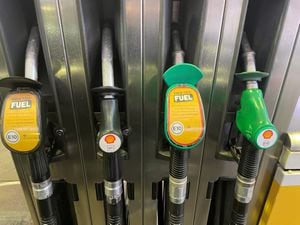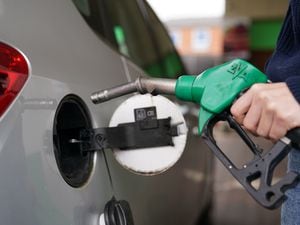Chancellor urged not to raise fuel duty amid claims average Black Country family faces £300 annual increase
Labour has urged ministers to rule out a fuel duty increase after claiming annual costs for the average Black Country family could rise by almost £300.

Analysis of data from the Office for National Statistics (ONS) shows families across the region will spend £295-a-year more at the pump than they were in 2019 should fuel duty rise.
It has prompted Sir Keir Starmer's party to call on the Government to ensure a freeze on the duty at the next budget, which is scheduled for March 15.
Fuel duty has been kept at 52.95p a litre since 2011. It was slashed by 5p a litre in the spring statement last year, a measure which the Treasury said would save the average car driver around £100-a-year.
Labour says "any headroom" in the budget should go towards the cost of living crisis as a priority – starting by ensuring there is no rise in fuel duty. A failure to act could see petrol prices spike by 12p-a-litre, the party warned.

Valerie Vaz, MP for Walsall South, said successive Conservative governments had left people in the West Midlands "exposed to an energy crisis".
"That’s why Labour is calling on the Chancellor to rule out any further rise on fuel duty in his next budget.
"If he doesn’t act, this could add an extra 12p to a litre of petrol, taking already record high prices through the roof."
In the autumn statement in November, Chancellor Jeremy Hunt said "no decision" had been made on whether to increase the rate of fuel duty.
Petrol prices hit historic highs last year but have dropped in recent weeks, falling below 150p-a-litre for the first time since Russia invaded Ukraine
The average cost of a litre of unleaded has fallen by 42p from its record high of 191.5p in July, a decrease the AA described as "a huge relief for drivers".
Lower prices at the pump are viewed as a key reason behind inflation easing back from 10.7 per cent to 10.5 per cent between November and December.





